- IDP China>
- 课程库>
- 自然科学>
- 自然科学与物理学>
- 地球科学>
- Bachelors of Information Technology and Bachelor of Science - Geographical Science
信息技术/科学学士-地理科学
Bachelors of Information Technology and Bachelor of Science - Geographical Science

学历文凭
Dual Degree

专业院系
Earth and Environmental Sciences

开学时间

课程时长

课程学费

国际学生入学条件
IDP—雅思考试联合主办方

雅思考试总分
6.5
- 雅思总分:6.5
- 托福网考总分:87
- 托福笔试总分:160
- 其他语言考试:Pearsons - Overall Score of 64 and 60 in all sub bands.
CRICOS代码: 042119D
申请截止日期: 请与IDP联系 以获取详细信息。
课程简介
This dual program lets you combine study in advanced information technology with a wide range of majors from the world of science. UQ's Bachelor of Information Technology will set you up for any number of career options working with computers and information, where you can apply your technical skills to solve problems, support innovation and improve communication between people. Topics covered include accounting, economics, law, marketing, business and strategy, and you'll also learn about software engineering, design, mathematics and information systems. The science program offers one of the broadest selections of disciplines in Australia, enabling you to develop your interdisciplinary scientific knowledge and practical skills while pursuing studies that suit your interests and ambitions. You'll also have the chance to gain relevant, real-world experience through employability and work-integrated learning. You'll graduate with highly developed knowledge in your specialist area, superior technical abilities, and advanced independent thinking and communication skills.<br><br>Geographical Science investigates the spatial patterns of physical and human phenomena at local, national and global scales. It examines the patterns and processes of natural and built environments and human activity, how they change over time and how they interact. Physical Geography is concerned with the patterns and processes in climate, landforms, soils, plants, animals as well as the impact of human activities on these systems. Human Geography examines how people interact with the environment and about applying physical geography elements to human ends. Human geography involves applied studies in urban and rural settlement, location and land-use, human spatial behaviour and demography. Geographical Information Science is the study of geographic information systems and remote-sensing for modelling, managing, analysing and applying geo-referenced information in a variety of contexts.
相关申请
 预科
预科 奖学金
奖学金 实习机会
实习机会 在校学习
在校学习 跨境学习
跨境学习 校园授课-线上开始
校园授课-线上开始 在线/远程学习
在线/远程学习
开学时间&学费
学费信息仅供参考,请与IDP联系以获取详细信息
| 开学时间 | 时长 | 学费 | 地点 |
|---|---|---|---|
| 暂无 | 暂无 | 暂无 | 暂无 |
关于昆士兰大学

昆士兰大学(简称UQ)位于澳大利亚布里斯班,一直位于世界一流大学之列,在教学、学习和研究方面都有着无与伦比的卓越成就。昆士兰大学在全球享有盛誉,通过提供知识领导力来创造积极的变化,从而建设更美好的世界。昆士兰大学经常跻身世界一流大学行列,其中包括: 根据 2024 年世界大学科学论文绩效排名(NTU 排名),排名第 40 位。 2024 年《美国新闻》全球最佳大学排名第 41 位 2025 年 QS 世界大学排名第 40 位 2024 年世界大学学术排名第 63 位 2024 年泰晤士高等教育世界大学排名第 70 位昆士兰大学十分注重教学质量,获得的国家级教学奖项比澳大利亚任何其他大学都多。超过55000 名在校学生,包括 21500 名国际学生,在三个美丽的校区为一个多元化、包容性的社区做出了贡献。昆士兰大学以其轻松安全的生活方式、亚热带气候和充满活力的多元文化而闻名于世,学生在这里可以享受到世界上最好的校园生活。在课堂之外,大学还提供一系列令人兴奋的活动,满足学生的课外兴趣。昆士兰大学屡获殊荣的职业与就业服务为学生毕业后获得竞争优势提供支持。学生可利用每年举办的就业研讨会和社交活动,与大学广泛的校友和专业合作伙伴建立联系。昆士兰大学培养的毕业生在全球享有盛誉,他们随时准备开创成功的事业,成为各自领域的佼佼者。昆士兰大学 35.0 万名毕业生组成了一个全球校友网络,遍布 190 个国家,拥有 17700 多名博士。
本校相关课程
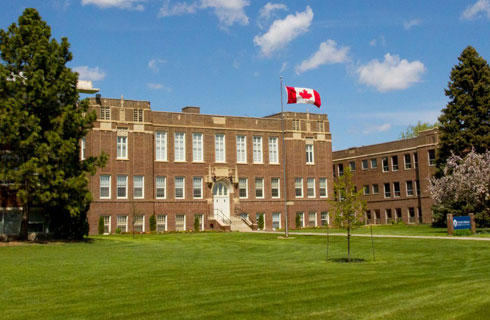
流行病学硕士
学历文凭
Masters Degree (Coursework)
开学日期
课程费用总额


教育学硕士-行为管理
学历文凭
Masters Degree (Coursework)
开学日期
课程费用总额

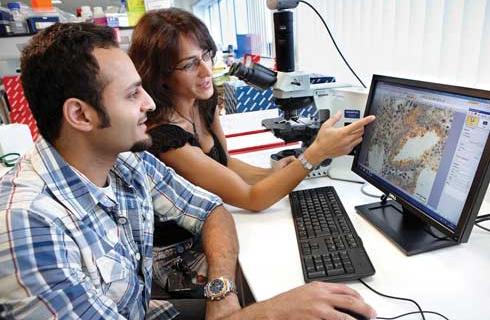
计算机科学研究生证书
学历文凭
Graduate Certificate
开学日期
课程费用总额


计算机科学硕士
学历文凭
Masters Degree (Coursework)
开学日期
课程费用总额


计算机科学研究生文凭
学历文凭
Graduate Diploma
开学日期
课程费用总额


工商管理研究生文凭
学历文凭
Graduate Diploma
开学日期
课程费用总额

其他相关课程
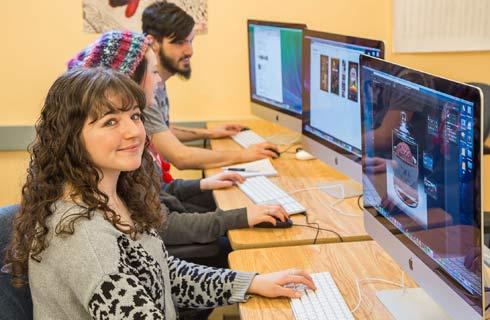
MGeol(荣誉)地质科学(国际)
 利兹大学
利兹大学泰晤士高等教育世界大学排名:118
学历文凭
Undergraduate Masters
开学日期
课程费用总额


Bachelor of Commerce and Bachelor of Science - Earth Science [Extended Major]
 昆士兰大学
昆士兰大学泰晤士高等教育世界大学排名:80
学历文凭
Dual Degree
开学日期
课程费用总额

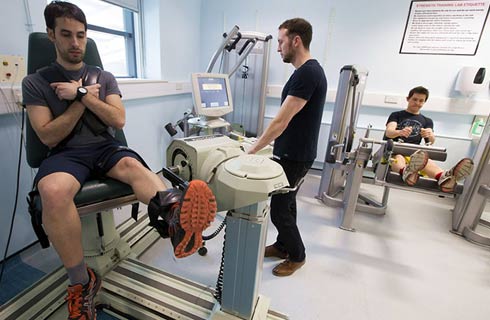
Bachelor of Advanced Science (Honours) -Coastal and Ocean Science
 昆士兰大学
昆士兰大学泰晤士高等教育世界大学排名:80
学历文凭
Bachelor Degree with Honours
开学日期
课程费用总额

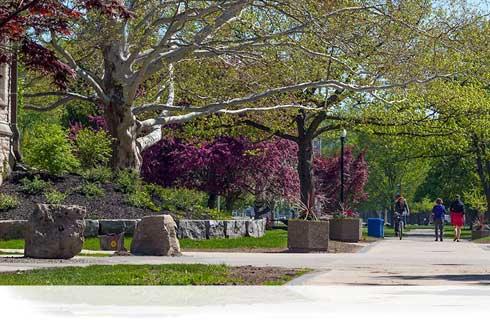
荣誉理学士学位-萨塞克斯大学-国际学习中心
 Study Group学习集团(英国)
Study Group学习集团(英国)学历文凭
Bachelor Degree with Honours
开学日期
课程费用总额


理学硕士气候变化与国际发展
 东安格利亚大学
东安格利亚大学学历文凭
Masters Degree (Taught)
开学日期
课程费用总额


气象与气候科学(荣誉)理学士学位
 利兹大学
利兹大学泰晤士高等教育世界大学排名:118
学历文凭
Bachelor Degree with Honours
开学日期
课程费用总额










